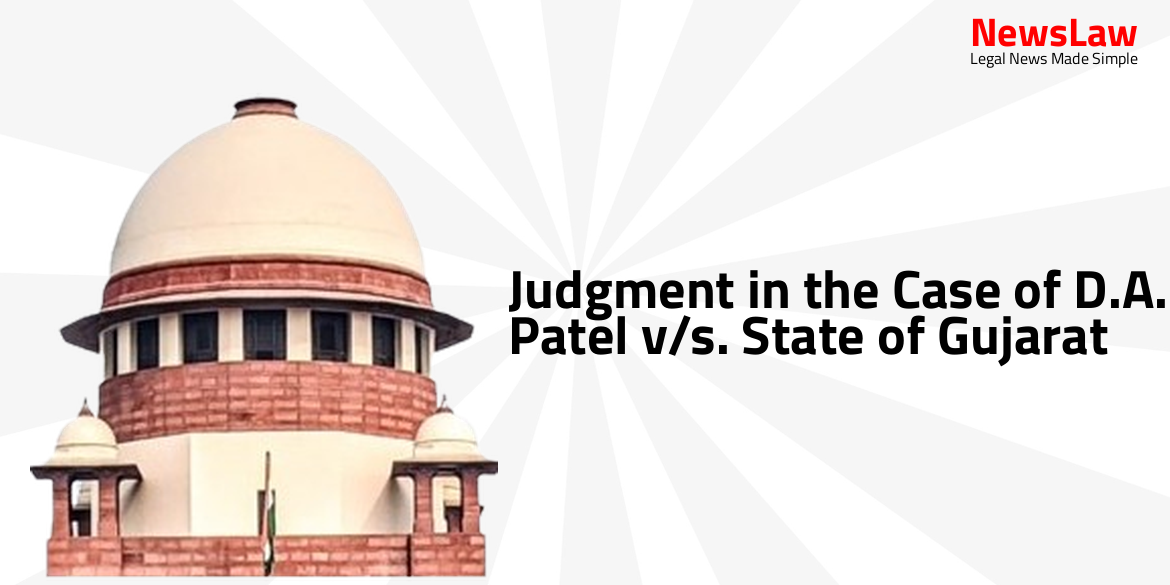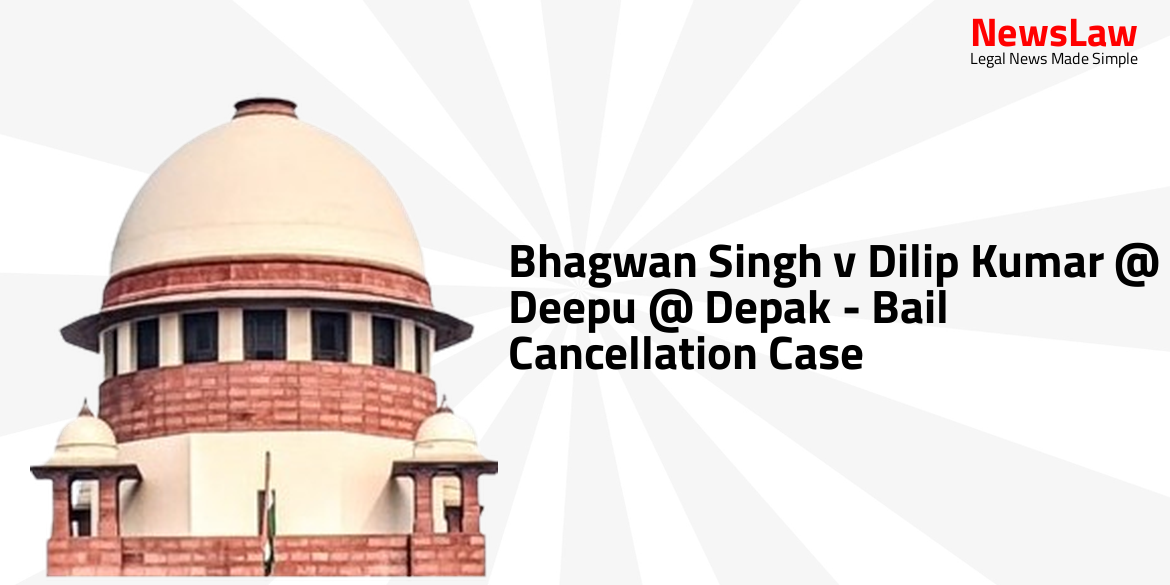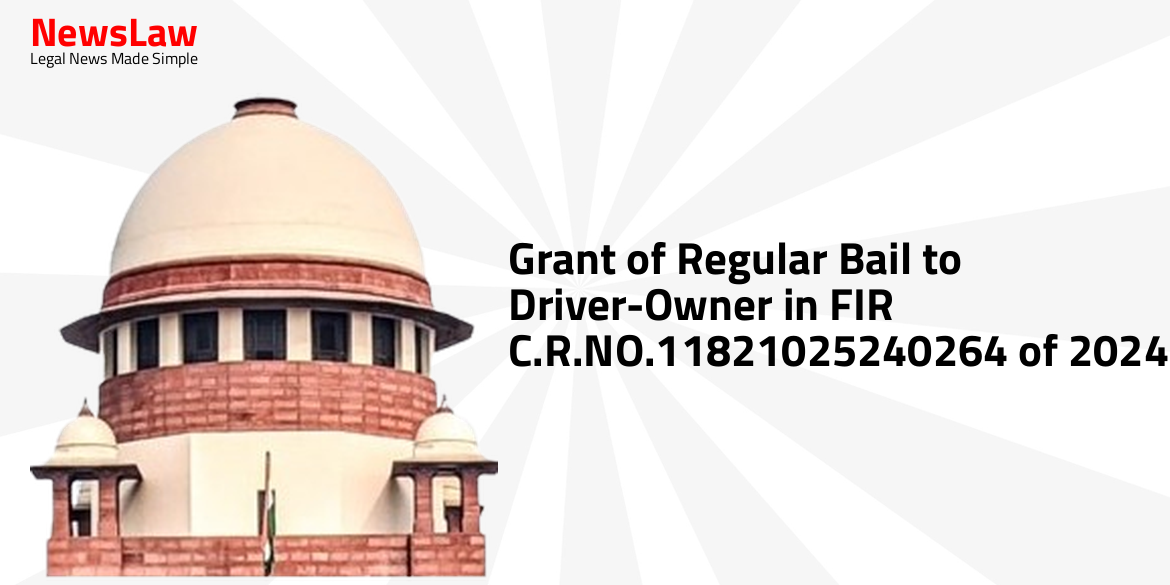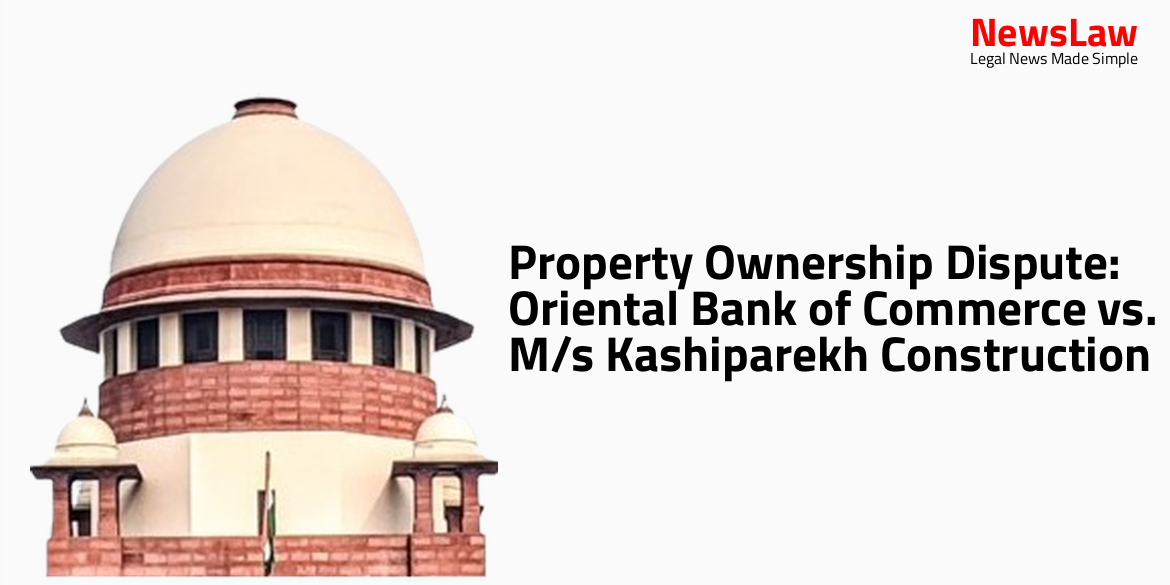In a significant ruling by the Gujarat High Court, the judgment in the case of D.A. Patel v/s. State of Gujarat has set a precedent for the proper application of preventive detention laws. The court’s decision to quash the detention order under the Gujarat Prevention of Anti-Social Activities Act highlights the importance of distinguishing between law and order issues and public disorder. Stay tuned for more insights on this crucial legal development.
Arguments
- Petition is against the order of detention dated 11.11.2023 under Gujarat Prevention of Anti Social Activities Act.
- The petitioner challenges the detention order on the basis that the registered offences under various sections of the IPC do not bring the case within the definition of the Act.
- Learned AGP for the State supported the detention order and stated that sufficient material was found during investigation.
- Detenue was found to be habitually engaging in activities defined under the Act.
- Detaining authority passed the order rightfully considering the facts of the case.
- Detention order deserves to be upheld by the Court as per the AGP.
- AGP argued that the alleged illegal activities do have a nexus with public order maintenance.
Analysis
- Subjective satisfaction of the detaining authority is not legal and valid.
- Allegations in the FIRs do not relate to public order as required by the Act.
- Other penal laws are sufficient to address the situation.
- Detenue’s actions do not meet the criteria under section 2(c) of the Act.
- Detenue had been granted bail by the proper jurisdiction.
- Sponsoring authority did not opt for the alternative remedy of bail cancellation.
- No concrete material shows detenue is a danger to public order.
- Cases like these should be dealt with under ordinary criminal law, not preventive detention.
- Detention should only occur if the person poses a serious threat to society and public order is at risk.
- In cases where individuals quarrel, fight, and assault each other inside a house or on a street, it may constitute disorder but not public disorder.
- If a detenu is deemed a menace to society, the State has the option to seek the cancellation of their bail or file an appeal with a Higher Court.
- For an act to be classified as affecting public order, it must impact the community or the public at large.
- A distinction must be made between serious disorder that directly affects the community and minor breaches of peace that primarily harm specific individuals.
- Merely disturbing law and order does not necessarily warrant action under the Preventive Detention Act; the disturbance must affect public order to fall under the Act.
- The case Pushker Mukherjee v/s. State of West Bengal highlighted the differentiation between ‘law and order’ and ‘public order’.
- Not every act of assault or injury to specific persons leads to public disorder.
- Seeking shelter under preventive detention law is not the proper remedy in this case
- Registration of FIR/s alone does not establish a breach of maintenance of public order
- No relevant material exists for invoking power under section 3(2) of the Act
- The petition is allowed and the impugned order of detention is quashed and set aside
Decision
- The detenue is ordered to be set at liberty forthwith if not required in any other case.
- Direct service is permitted.
- The rule is made absolute accordingly.
Case Title: VINAY VISHALBHAI MOHANBHAI RATHOD (CHHARA) THRO NIKITA VINAYBHAI RATHOD Vs. THE COMMISSIONER OF POLICE, AHMEDABAD
Case Number: R/SCA/21123/2023



